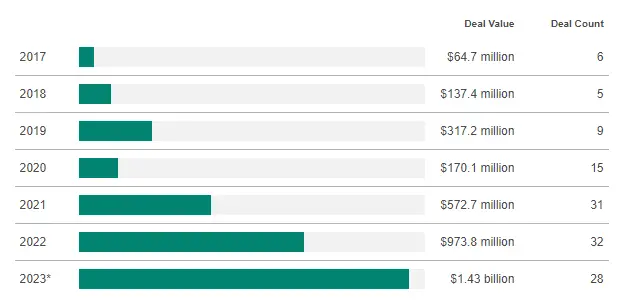As we navigate through the evolving era of eco-friendly transportation, hydrogen vehicles emerge not just as a mere alternative, but as a pioneering force in 2024. With the backdrop of new regulatory landscapes and shifting investment patterns, the sector of hydrogen-fueled transport is not just surviving; it’s thriving with innovation and adaptability. This article will delve into the unique aspects that position hydrogen vehicles as a standout choice in the quest for a sustainable transportation future.
Why Hydrogen Vehicles Are Still a Viable Choice in 2024 (PDF)
Understanding the Impact of New Tax Regulations
The U.S. Treasury’s recent guidance on hydrogen production tax credits, though more stringent than anticipated, hasn’t significantly derailed the progress of hydrogen vehicles. These guidelines aim to establish clear eligibility criteria for tax incentives, encouraging more efficient and environmentally friendly hydrogen production methods.
This move, while presenting certain hurdles, particularly for industries like green steel production, also reinforces the commitment to cleaner energy sources, indirectly benefiting the hydrogen vehicle market.
Sustained Interest from Investors
Despite a slight decrease in the number of venture capital deals in hydrogen energy in 2023, the total investment amount soared to approximately $1.43 billion. This indicates a continued interest in the sector, albeit with a more strategic and focused investment approach. This sustained financial backing is crucial for research, development, and the scaling up of hydrogen vehicle technologies.

Commercial Transportation: A Strong Case for Hydrogen
Heavy-duty sectors like long-haul trucking remain a particularly promising area for hydrogen fuel use. Hydrogen’s lightweight nature and higher energy density compared to battery-electric technology make it ideal for long-distance and heavy-load transportation. Additionally, hydrogen fueling times are much shorter compared to electric charging, offering significant operational efficiency.
Strategic Shifts in Venture Capital
The recent cautious approach in hydrogen investments reflects a strategic realignment rather than a decrease in the potential of hydrogen-powered vehicles. The focus is now more on sustainable and long-term applications rather than short-term gains, which bodes well for the future of hydrogen vehicles.
Public Market and Manufacturer Confidence
Major transport manufacturers are increasingly betting on hydrogen. For instance, significant agreements and developments in the hydrogen fueling infrastructure by companies like Nikola Corp. and Daimler Truck highlight the growing confidence in hydrogen fuel’s viability.
Infrastructure and Commercialization Challenges
While challenges such as the limited number of hydrogen fuel stations and rising costs of key components exist, they also present opportunities for innovation and growth. Efforts are being made to expand the infrastructure and improve the cost-effectiveness of hydrogen production.
Regulatory Hurdles and Opportunities
The “time-matching” provision in the government’s hydrogen tax credit guidance presents a unique challenge, requiring clean power generation to align with hydrogen production. However, this also encourages the development of more sustainable and efficient production methods, which could further strengthen the hydrogen vehicle market.
In conclusion, hydrogen vehicles continue to be a viable choice in 2024 due to ongoing technological advancements, sustained financial backing, and a growing recognition of their environmental benefits.
As the industry navigates through the evolving regulatory and economic landscape, the future looks promising for hydrogen as a key player in sustainable transportation. Are we on the brink of a hydrogen-fueled revolution in the automotive industry?

